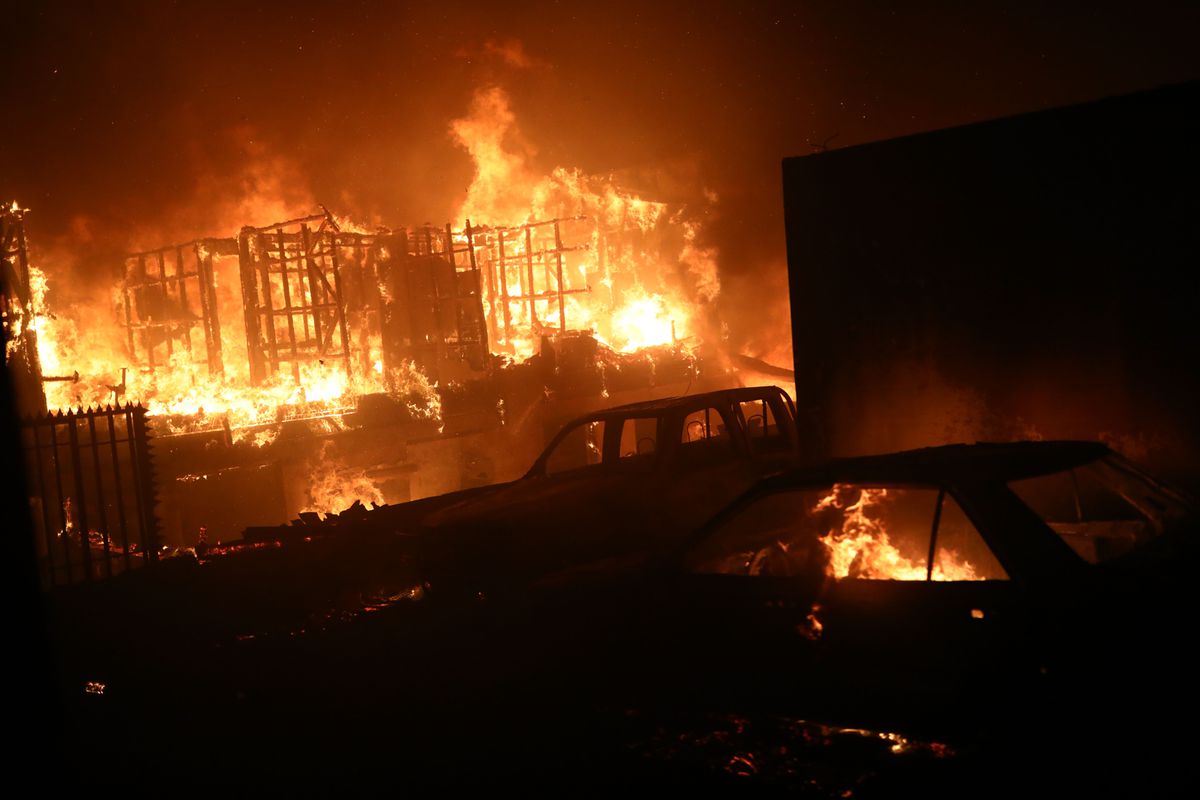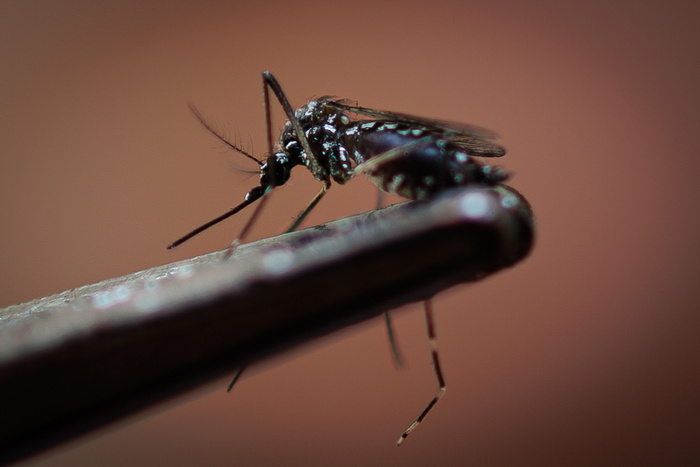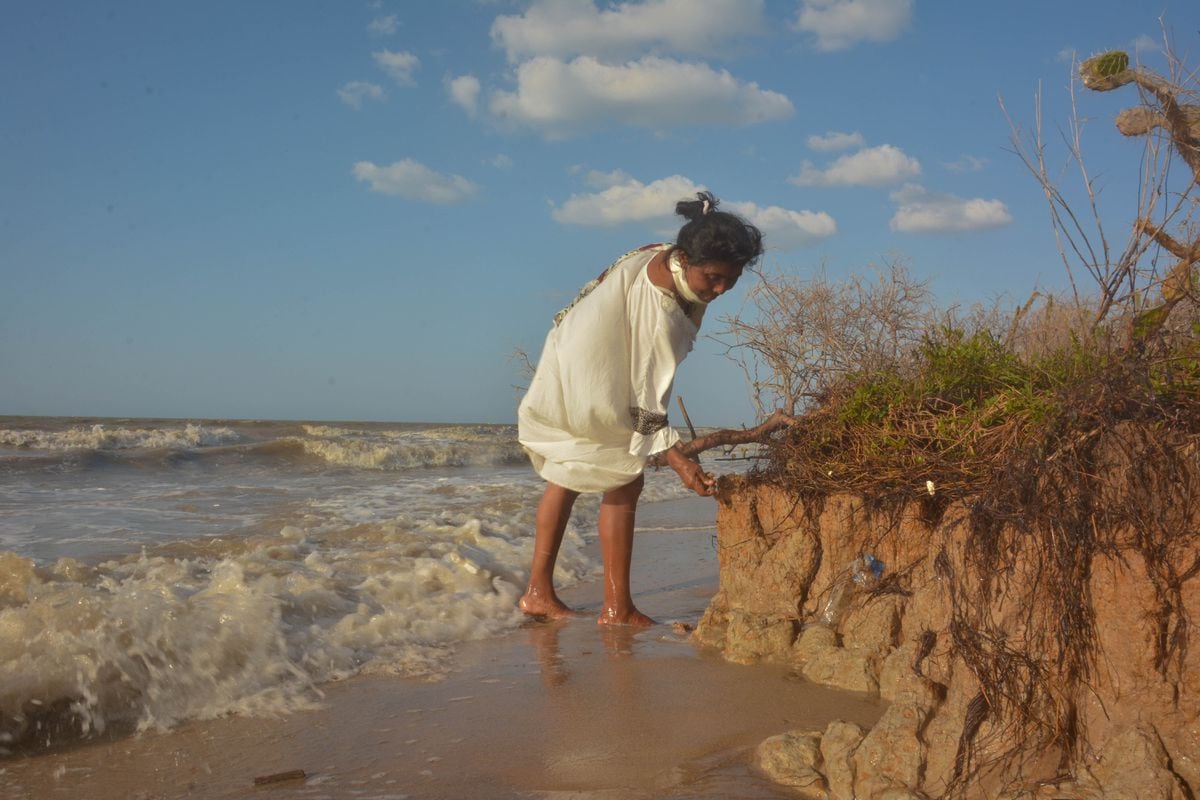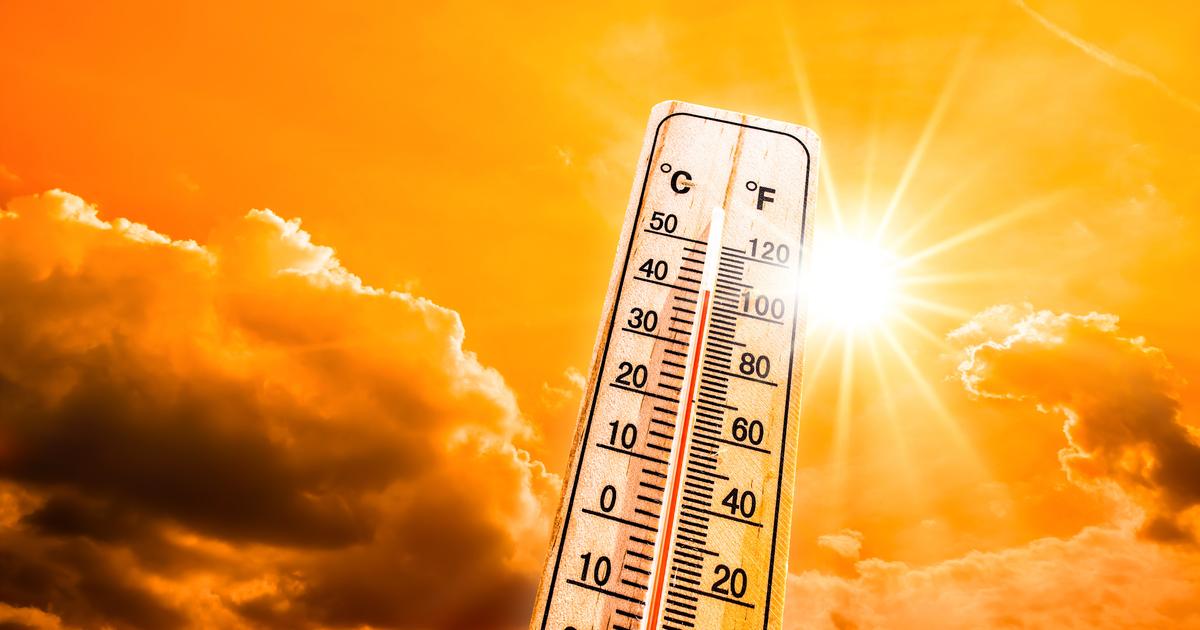EL PAÍS offers the América Futura section openly for its daily and global informative contribution on sustainable development.
If you want to support our journalism, subscribe
here
.
The impacts that climate change has on human health are among the most crucial: an increase in diseases such as dengue fever, respiratory problems due to fires, and malnutrition due to crop failure.
However, these are also problems that are not talked about and little measured.
Since 2015, the Lancet Countdown
global initiative
, supported by
The Lancet,
one of the most recognized medical journals, has set itself the mission of tracking how global warming threatens public health by producing an annual report.
The latest, entitled
Code Red for a Healthy Future
and published last year, found that deaths of people over 65 related to extreme heat reached a record in 2019, reaching approximately 345,000 deaths.
It also gave other signs, such as that, due to rising temperatures, the months suitable for malaria transmission increased 39% between the period 1950-1959 and 2010-2019, especially in countries with a low Human Development Index. .
In December of this year, for the first time, this initiative will publish a report built and focused exclusively on South America, in which more than 30 researchers work.
“We are proposing new indicators that work for the region, because the issue of adaptation is very important here.
We even have health systems that sometimes don't have water, electricity or internet,” says Peruvian doctor Stella Hartinger, director of the
Lancet Countdown South America,
in an interview with América Futura.
Doctor in Epidemiology and Public Health from the University of Basel (Switzerland), she is also one of the authors of the latest global report.
Stella Hartinger in Lima, Peru.
Angela Ponce
Ask.
Is there any health and climate change indicator that you consider key for the South American scenario?
Response.
Yes. Everything that is vulnerable and infectious diseases is extremely important, especially for having the Amazon.
We have also identified the issue of fires, which has been key in Chile and Argentina.
Regarding heat and high temperatures, we are taking them into account, giving visibility to mortality and morbidity, because we have noticed that there are not many studies on the subject in the region, there are many information gaps.
In addition, we are conducting research on whether the adaptation plans of the 12 countries we focus on consider health.
And, well, we have more familiar indicators, like air quality, but distinguishing between indoors and outdoors.
Ours is a region that still cooks with biomass, especially the most vulnerable.
Nevertheless,
Q.
The global report also explores the adaptability of health systems and the response of governments.
Are you analyzing it for South America?
A.
Yes, but we have found that, although there are emergency plans for climate change, they are not associated with health.
The benchmark in the region is usually emergency plans for the El Niño/La Niña phenomenon.
But for water scarcity, food security, energy and infrastructure, health is not considered in their plans.
Moreover, we have also seen that there are many adaptation plans that have not been assigned a budget.
P.
South America is having a change of governments and some have even entered with a more climate and environmental discourse.
Do you think that the region is talking about the health impacts of climate change?
R.
There is more talk about climate change, but we still need to make that convergence with health.
The vast majority of adaptation and climate change plans are made by the Ministries of the Environment, which is fine, but they do not involve the Ministries of Health.
People think about the effects of climate change on biodiversity, ecological and water issues, but their relationship with health is forgotten.
We do not say – and this is a mistake – that not having food security is going to turn into malnutrition or that the lack of water resources is going to generate more diarrhoea.
But I do like that politicians are already talking about climate change.
This is an advantage that we have and that has been happening for five years.
There are certain countries in the region that are pushing this narrative, although it is very difficult to speak in general terms,
Q.
And why is it difficult for us to generate and see these relationships between health and climate change?
R.
Well, it is also difficult to generate those attributions, to know exactly why what is happening is happening.
They are studies or measurements that, many times, are only done when there are disasters, and there we can see what happens.
So more research is needed in the region.
More data.
There are many information gaps, but it will be important to have them.
Q.
The climate narrative is sometimes limited to topics that seem foreign to many: the melting of ice that affects polar bears or the extinction of species.
Do you think that having data on its impact on human health generates more action?
R.
Well, I think it's a crucial issue.
Sure, climate change affects the tree and the bear, but this means it's going to affect us too.
And, again, the issue of prevention has not reached the political discourse.
So understanding climate change from health gives us more tools.
If we already worry when we have ten cases of dengue in an endemic space, what will happen when dengue reaches another thermal floor and affects thousands more?
The same happens with the increase in deaths associated with air quality.
So if someone gets passionate about the numbers and says, 'They're killing so many people,' that's going to help.








/cloudfront-eu-central-1.images.arcpublishing.com/prisa/MYQ5IMFXJZF4NGVYA5PCRZJJCM.JPG)



/cloudfront-eu-central-1.images.arcpublishing.com/prisa/KMEYMJKESBAZBE4MRBAM4TGHIQ.jpg)


